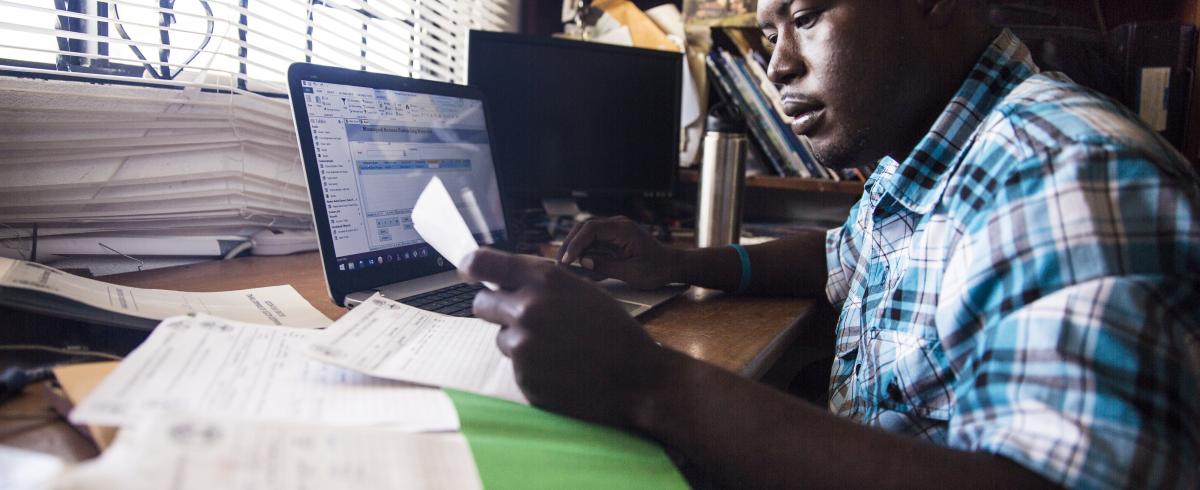Overview: Voluntary Guidelines for Securing Sustainable Small-Scale Fisheries (the SSF Guidelines)
This video gives a brief overview of the Voluntary Guidelines for Securing Sustainable Small-Scale Fisheries in the context of Food Security and Poverty Eradication (the SSF Guidelines), adopted by member countries of the Food and Agriculture Organization of the United Nations (FAO) in 2014.

